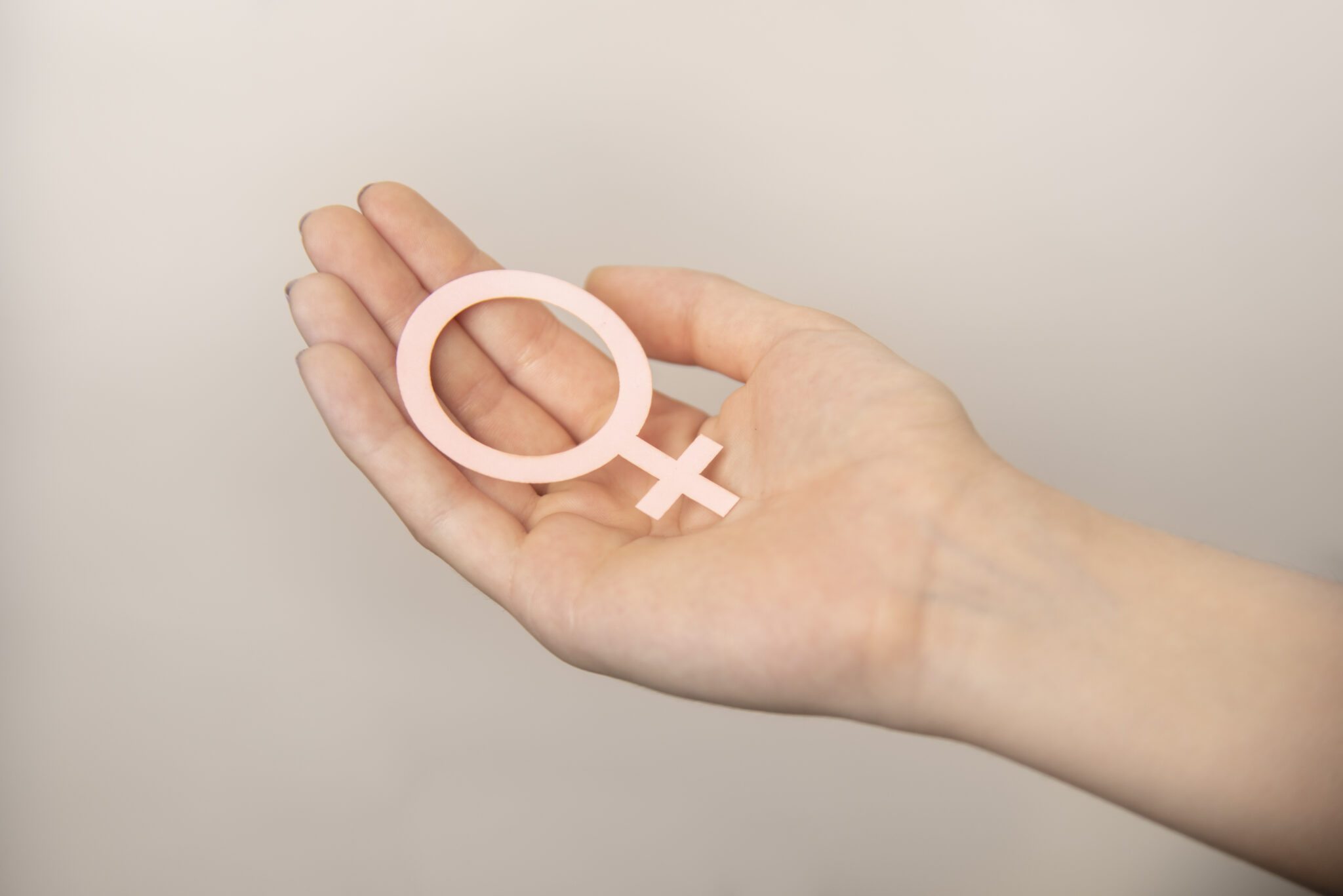There are dozens of different hormones in the human body. These so-called “chemical messengers” are responsible for triggering the various processes and rhythms throughout your body over the course of your life, from your circadian rhythm to your hunger levels to a woman’s menstrual cycle. These small little chemicals play a vital role in the way your body functions because of this!
Of the many different types of hormones, one of the most talked-about ones is estrogen. Most people know that it’s a hormone that has to do with the female reproductive system, but how much do you actually know about estrogen beyond that? At Renewed Vitality, we’re the hormone experts, and so we’re giving you a crash course in what you need to know about estrogen!
What is Estrogen?
Estrogen is one of the sex hormones, meaning it’s involved in your sexual and reproductive systems. It’s commonly thought of as a specifically female hormone, but that’s not entirely true! While women have estrogen in much higher levels in their bodies, men have it as well, and not having it can cause problems to their health. While it performs more functions in a woman’s body, estrogen can be found in the endocrine systems of all healthy humans.
What Does Estrogen Do?
Estrogen is a vital component in female sexual maturity. Levels of this hormone begin to rise as a young girl enters puberty, and it causes the changes associated with that point in development, such as breast growth and the start of the period.
In adult women, estrogen plays a major role in the menstrual cycle. Rising levels of the hormone stimulate the ovaries to produce the egg, and the uterus to thicken its lining. Estrogen also works to increase a woman’s chances of getting pregnant during the height of her fertile period. It thins out her cervical mucus to make it easier for sperm to enter her uterus, and it keeps the vaginal walls lubricated and elastic to facilitate sex.
Estrogen plays roles in other processes in the body as well, like inflammation, blood sugar cholesterol levels, collagen production, bone density, and mood.
Where is Estrogen Made?
The majority of the estrogen in a woman’s body at any time is produced by her ovaries. A small amount is made by other organs, like the liver or the adrenal glands, but mostly the ovaries serve this function. In men, the amount of estrogen they need is produced in the testes, the male equivalent of the ovaries.
What Happens if You Have Low Estrogen?
Low estrogen can have major effects on the entire body, not just on your reproductive system. However, not every person with low estrogen is undergoing something abnormal. Menopause is a natural process that every woman goes through, and during it, estrogen levels will drop significantly. This is associated with the common symptoms of menopause, like vaginal dryness, mood changes, fatigue, hot flashes, and breast tenderness. It’s also the reason many women suffer from brittle bones and bone density loss as they age– less estrogen means your bones get weaker. Menopause is not the only cause of low estrogen levels. They might also occur with fertility problems, nutritional deficiencies, or conditions like Turner syndrome.
What Happens if You Have High Estrogen?
High estrogen levels can be caused by anything from the medications you’re taking to conditions like fibroids, ovarian tumors, or PCOS. Its symptoms can include decreased sex drive, weight gain, worsening premenstrual symptoms, or irregular or missing periods.
What to Do About Estrogen Imbalances?
An imbalance in your estrogen levels can throw the functions of your entire body out of whack, making it a difficult and upsetting condition to deal with. Luckily, things aren’t completely out of your control! There are lots of treatments available to help you deal with estrogen imbalances, like the bioidentical hormone replacement therapy (HRT) available at Renewed Vitality! You can contact us today to learn more about how we can help you with your estrogen levels.





